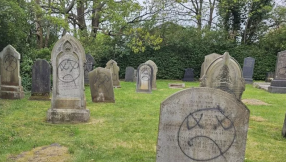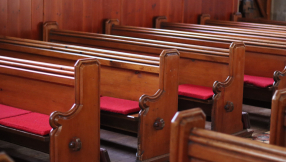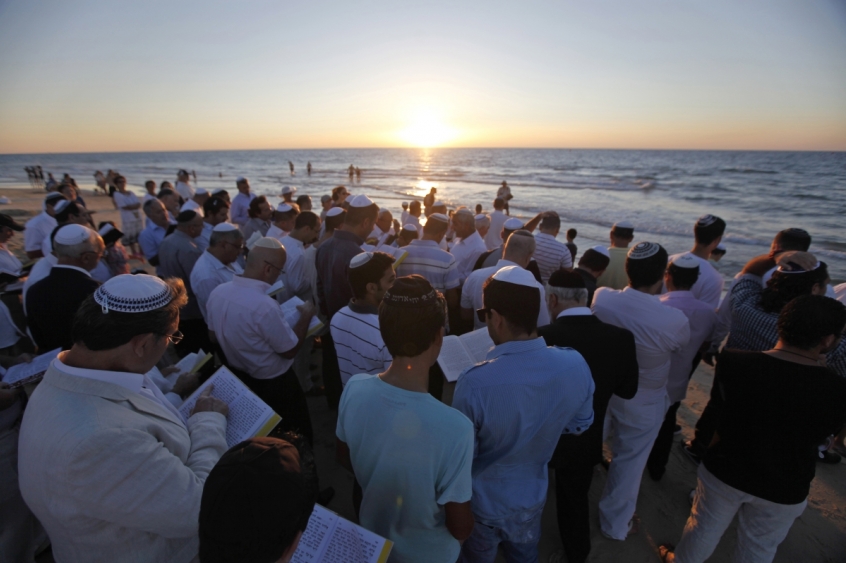
Rosh Hashanah, one of the holiest days in the Hebrew calendar, has begun. Marking the start of the Jewish new year, the celebration lasts two days and this year kicked off at sundown on Sunday. Here's everything you need to know:
1. Rosh Hashanah means "head of the year" and is referred to in the Book of Leviticus 23:24-25 as "a sacred assembly commemorated with trumpet blasts". A shofar, an ancient musical horn, is still blown during services at the synagogue.
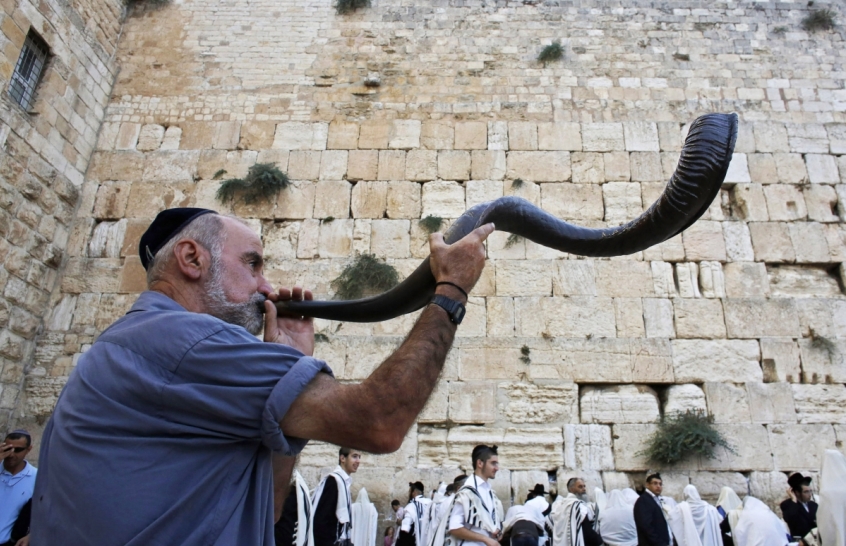
2. It is celebrated at the beginning of the month of Tishri, the seventh month in the Jewish calendar, and is considered to be the new year for people, animals and legal contracts.
3. The Hebrew calendar is now moving into its 5777th year.
4. Rosh Hashanah also commemorates the creation of the first man and woman – Adam and Eve.
4. The majority of Jewish people celebrate the festival by going to the synagogue and spending time with their family and friends. They also light candles and eat festive meals together. Traditional foods include dipping apples in honey, honey cake and raisin challah bread, all symbolising the hope of a sweet new year.
5. The most common greeting for Jews on Rosh Hashanah is Shanah Tovah, meaning "Have a good year". A more formal greeting used by some translates to "May you be inscribed and sealed for a good year".
6. On the first afternoon of Rosh Hashanah, religious observers perform the Tashlich ceremony, which is seen as a special time to repent of sin and ask for forgiveness. Using an idea taken from Michah 7:19 – "You will again have compassion on us; you will tread our sins underfoot and hurl all our iniquities into the depths of the sea" – the ceremony is commonly marked by throwing breadcrumbs into water.
7. The first day of Rosh Hashanah marks the beginning of the Days of Awe – a 10 day period of repentance, reflection and looking ahead to the year ahead.
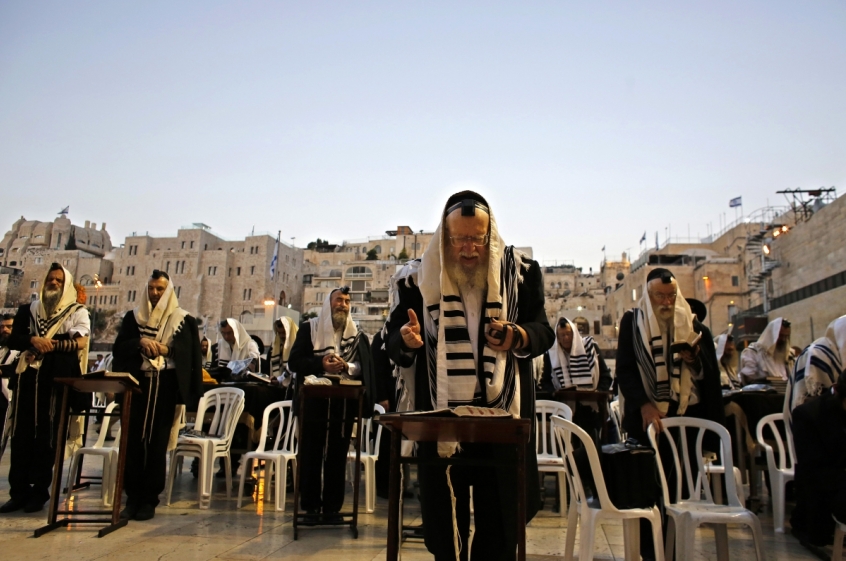
8. The tenth day of Tishri marks Yom Kippur, the holiest day in the Jewish Calendar, which is the Day of Atonement.











